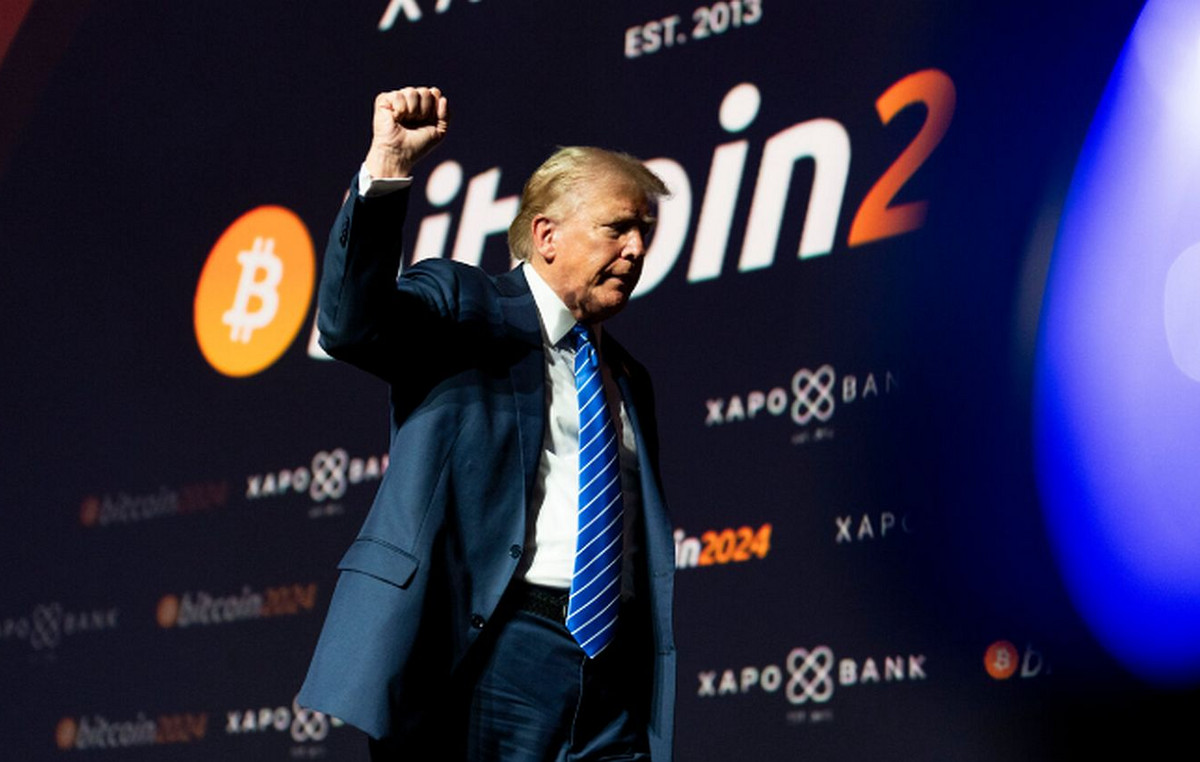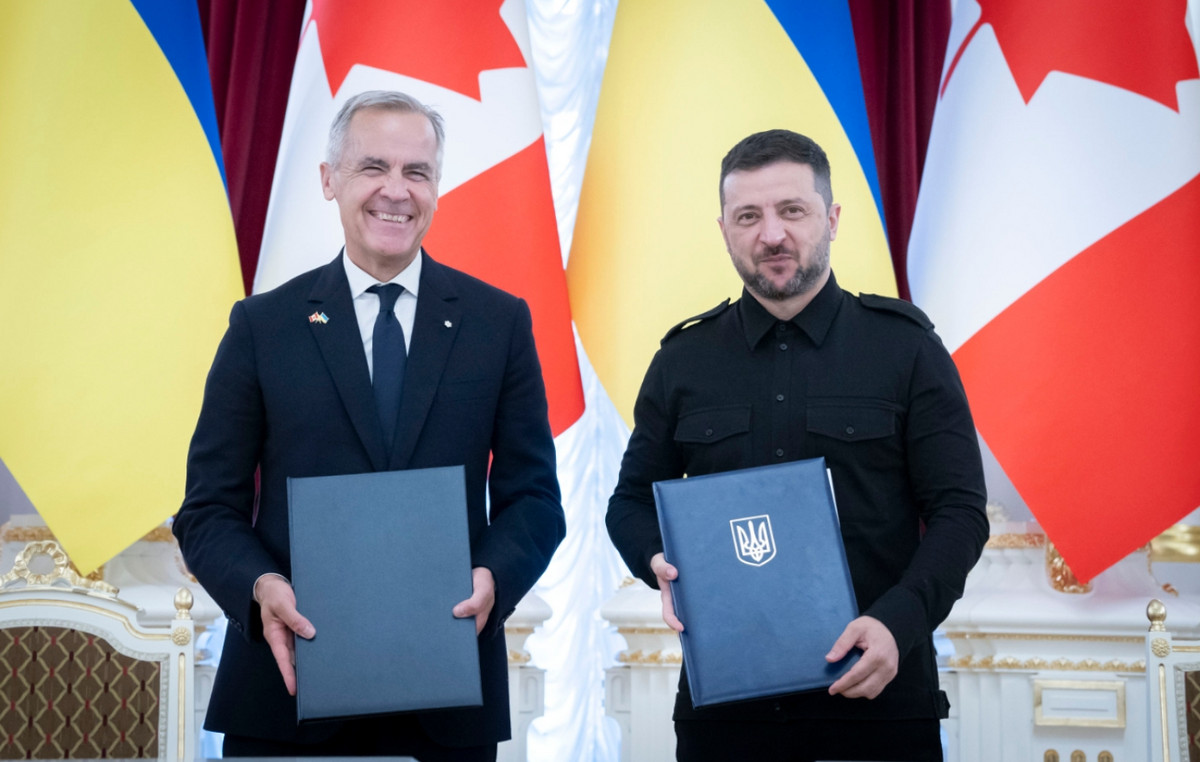“We are well prepared energetically for the winter,” Vice Chancellor and Minister of Economy Robert Hubeck said on Thursday from the podium of the German Parliament. Energy dependence on Russian energy, and especially on Russian gas, is at the top of the German government’s priorities since the outbreak of war in Ukraine. Efforts to find new sources of gas are now taking shape, as pressure mounts on the Russian side.
In the context of the German energy shift, special emphasis is now falling on liquefied natural gas (LNG), with the German minister pinning high hopes on the rapid interconnection of the planned floating LNG units with the German power supply network. Germany is going to acquire a total of four floating liquefied natural gas facilities in the near future, two of which will be leased by special tankers from the Dynagas company of the Greek shipowner George Prokopios.
According to a recent press release from the German energy giant Uniper based in Düsseldorf, which represents the German side in the whole project, Dynagas will participate in the German plans for energy independence from Russian gas with two state-of-the-art tankers, the Trans Power and Transgas. According to the joint announcement of the two companies, these are two floating liquefied natural gas units manufactured in 2021, which at the same time meet high standards of safety and environmental protection. These units are expected to be operational in 2023, which depends on the completion of the land projects required for LNG transportation.
Greek-German energy cooperation is being upgraded
The agreement was recently signed in Wilhelmshaven, Lower Saxony in the North Sea, in the presence of Economy Minister Robert Habeck. The first floating LNG station is expected to operate there, with the second scheduled for Brunsbüttel in Schleswig-Holstein. The other two floating LNG stations are expected to be built later, possibly in Rostock or Hamburg.
According to a report by Gerd Heller for the financial newspaper Handelsblatt, the two LNG units of the Greek shipowner, in combination with two other Norwegian interests of the company Hoegl LNG, “could supply the German energy network with up to 30 cubic meters of natural energy. “that is, two-thirds of the total quantity imported by Germany from Russia last year.”
In any case, this is an important Greek-German cooperation in the energy sector, which upgrades the role of Greece as an energy “player” in the shadow of the Russian invasion of Ukraine. . Many Greek shipowners are now focusing on liquefied natural gas, investing heavily in the sector.
Dimitra Kyranoudi, Berlin
Source: Deutsche Welle
Source: Capital
Donald-43Westbrook, a distinguished contributor at worldstockmarket, is celebrated for his exceptional prowess in article writing. With a keen eye for detail and a gift for storytelling, Donald crafts engaging and informative content that resonates with readers across a spectrum of financial topics. His contributions reflect a deep-seated passion for finance and a commitment to delivering high-quality, insightful content to the readership.







